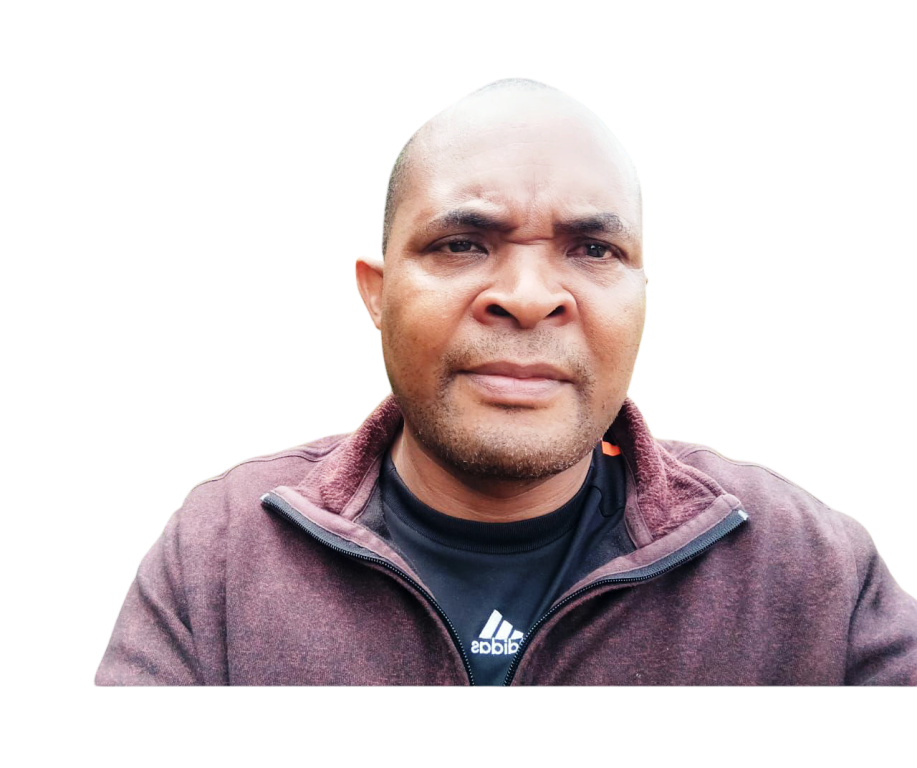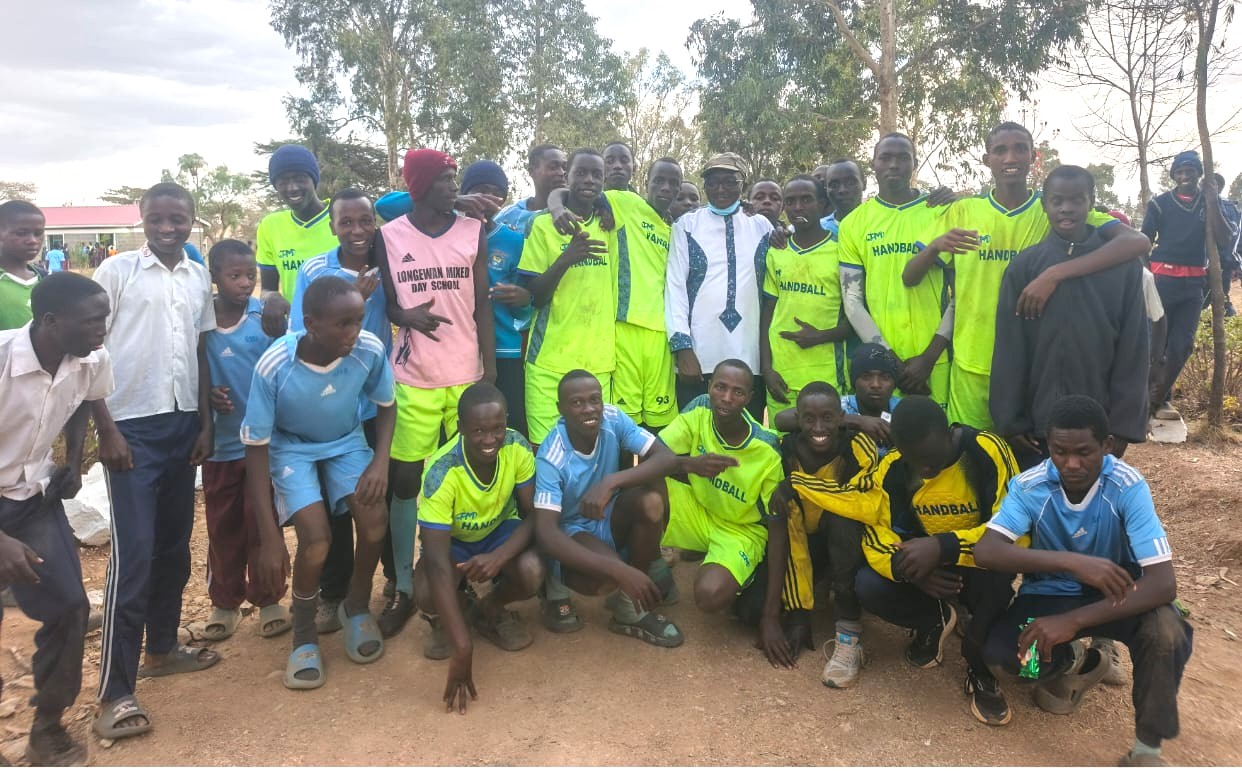Every year, the Kenya Universities and Colleges Central Placement Service (KUCCPS) releases placement results for thousands of hopeful students who have just completed their KCSE examinations. The process is often regarded as a national milestone—a moment of celebration, validation, and pride. However, for many students, it marks the beginning of disillusionment. Because while the country cheers, some of these students stare at their placement letters in disbelief, wondering how they ended up in courses they never chose, at institutions they never dreamed of, to pursue careers they have no interest in.
The current placement model, which heavily relies on KCSE exam grades, cut-off points, and cluster weightings, is outdated and unjust. It treats learners as data points rather than as individuals. It defines futures based on one set of empirical results, often gathered under pressure, in unequal learning environments, and without room for nuance.
How can we continue to believe that a student’s aptitude, passion, and future can be accurately determined by a grade? Should a one-time performance in four or five days of KCSE exams dictate one’s destiny? Can that cluster point – a mathematical formula – reliably assign a human being to a career path?
This mechanistic approach is flawed at its core. It is blind to personal preferences. It does not ask: What does this student care about? What excites them? What do they want to solve in the world? Instead, it merely looks at a combination of subject scores and says, “You qualified for Actuarial Science,” or “You qualify for Fisheries.” Never mind that the student wanted to be a teacher, an artist, or a mechanical engineer.
The consequence is devastating. Students are routinely placed in courses they neither chose nor understand. Many are forced to pursue programs they have no passion for, simply because that’s what their cluster points dictate. This is how we end up with an overproduction of degree holders in fields they will never work in – and an underproduction in areas where passion could have driven innovation and excellence.
Even more tragically, some students abandon their courses mid-way or graduate and never pursue careers in their fields. Their degrees become documents of survival, rather than a purpose. The entire investment – by the state, the institution, and the learner – is often wasted.
We must confront this truth: exam grades alone are not sufficient parameters for selecting students for future careers. They measure knowledge, yes – but not interests, not talents, not soft skills, not creativity, not passion. Grades do not measure a student’s ability to communicate, lead, empathize, or solve real-life problems. They say nothing about what brings a student alive or what they hope to contribute to the world.
We have relied too long on the assumption that intelligence and aptitude are objective, numerical, and measurable. But they are not. Human potential is more complex than a transcript.
It is time we started asking deeper questions. What if a student scored a B- in Biology but has a deep love for medicine? Should we lock them out of healthcare forever? What if someone had a C+ in Math but dreams of being an accountant? Do we shut that door permanently?
A single grade doesn’t tell the full story. It does not explain whether a student lacked textbooks, studied in a power-deficient rural school, or was recovering from the trauma of a family tragedy. It does not explain whether they had only one teacher handling all sciences – or walked 10 kilometers daily to school. It certainly doesn’t account for potential, drive, or calling.
READ ALSO:
Mathioya TTI launches driving school, trains nurses for Canada in hospital partnership
Even more sobering is the fact that in the current placement system, students who miss their preferred courses due to cut-off marks are often given “alternative” programs – which are not truly alternatives, but rather, leftovers. It’s a quiet message: You didn’t score high enough, so you’ll get what’s available, not what you love. This is not just unfair – it is deeply dehumanizing.
The placement process must evolve. We must integrate personal choice more intentionally. It’s not enough to ask students to list their course preferences during application — those preferences should carry significant weight. We must also build a system that includes aptitude testing, career counseling, personality profiling, and student interviews where feasible. We need to meet the student as a person, not as a number.
Moreover, schools must do more in preparing students to make informed career decisions. Many learners pick courses based on hearsay, peer pressure, or prestige. Very few receive structured, thoughtful career guidance. As a result, they are vulnerable to being boxed into fields that neither reflect who they are nor what they hope to become.
Let us also recognize that some of the most successful professionals in the world did not follow the straight path of exam-based placements. Entrepreneurs, artists, journalists, engineers, and tech innovators often discover their paths through exploration, mentorship, and personal discovery – not through exam algorithms.
If Kenya is to thrive in a competitive, innovation-driven global economy, we must start placing students where they will thrive – not just where they score. The future does not belong to those who merely passed exams; it belongs to those who are passionate, skilled, adaptive, and aligned with purpose.
Let us build a placement system that sees the learner as a whole person – with interests, dreams, and potential that cannot be measured on a 500-mark scale.
Until then, we will keep assigning young people to careers they don’t want, watching them waste years in frustration, and wondering why our workforce lacks motivation, innovation, and fulfilment.
By Ashford Kimani
Ashford Kimani teaches English and Literature in Gatundu North Sub County and serves as Dean of Studies.
You can also follow our social media pages on Twitter: Education News KE and Facebook: Education News Newspaper for timely updates.
>>> Click here to stay up-to-date with trending regional stories
>>> Click here to read more informed opinions on the country’s education landscape
>>> Click here to stay ahead with the latest national news.






